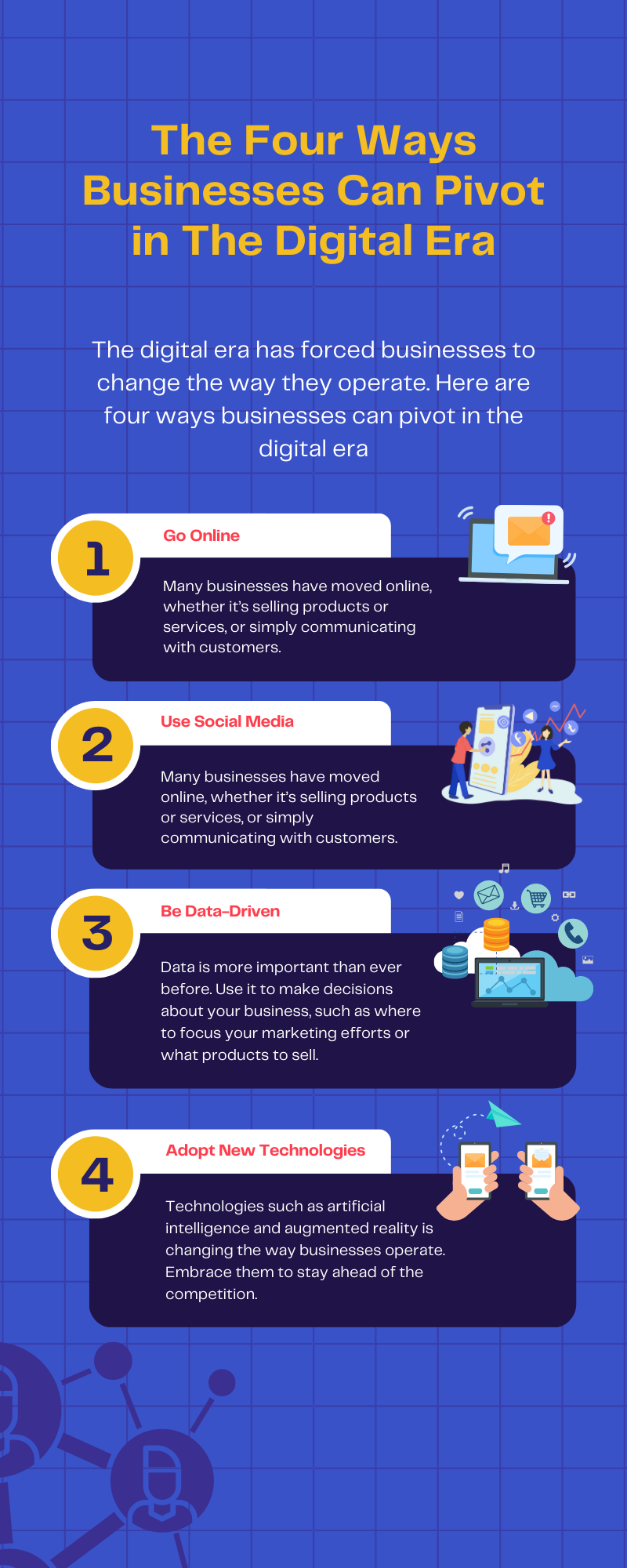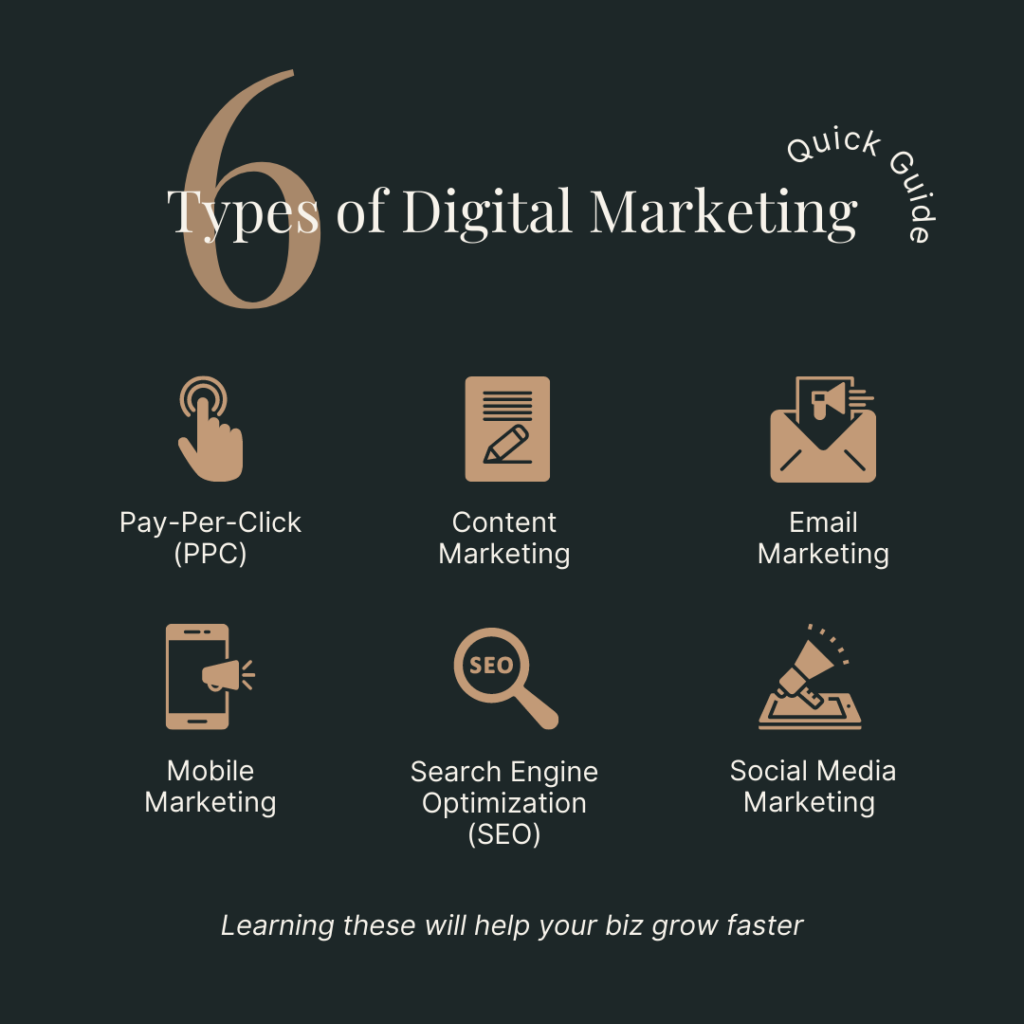Marketing is an essential part of any business, but could it soon be replaced by Artificial Intelligence (AI)? It’s a valid question to ask, and the answer may surprise you. AI has already been adopted in various industries, and it could very well revolutionize the way we approach marketing. In this blog post, we’ll explore whether marketing can indeed be replaced by AI and what implications that could have.
The Job Market for Marketing
Marketing is an ever-evolving industry, and the job market for marketing professionals is changing to keep up with the times. With the rapid development of artificial intelligence (AI), marketing technology, and data analysis, marketing is becoming more sophisticated. Marketers now have the ability to target users more accurately, create more engaging customer experiences, and leverage data to optimize their campaigns. As a result, many marketers are shifting their focus away from traditional methods and embracing new technologies in order to remain competitive in the modern job market.

User experience has become increasingly important in recent years as businesses strive to deliver the best possible customer experience. Marketers must learn how to use AI and marketing technology to improve user experience and build a better customer journey. Companies are also increasingly using data-driven insights to optimize their campaigns and create more effective content. These changes are creating a growing demand for marketers with a deep understanding of digital technologies, analytics, and customer segmentation.
The Skills Needed for Marketing
As marketing technologies advance, so do the skills needed to succeed in the field. Artificial intelligence and automation are transforming the future of marketing, and it is up to marketers to stay ahead of the curve. To excel in the new world of marketing, marketers need to be knowledgeable in a variety of areas, including user experience, customer experience, analytics, and more.
The most important skills for modern marketers include an understanding of artificial intelligence and marketing technology. Marketers must be able to use data and insights to create effective campaigns and maximize their impact. They must also be adept at using digital platforms and tools, such as social media, search engine optimization (SEO), and email marketing.

Furthermore, modern marketers need to have excellent interpersonal skills and communication abilities. They must be able to create engaging content and foster meaningful relationships with customers. They must also understand how to effectively market products and services and provide customer service.
To stay competitive, marketers should continue to educate themselves on the latest trends in marketing technology and artificial intelligence. This will ensure that they are up-to-date on the latest developments and able to make the most of the opportunities available in the future of marketing.
The Dangers of Automation
The automation of marketing processes through the use of artificial intelligence and other marketing technologies can have some potentially serious consequences. Automation can make it difficult for marketers to effectively understand and respond to customer needs, resulting in a poor user experience. Automation can also create a disconnect between customer needs and marketer strategies, resulting in a sub-optimal customer experience. Additionally, automation may lead to less creative campaigns as machines are often unable to consider nuanced customer preferences when creating marketing strategies.
The potential dangers of automation must be taken into account when considering the future of marketing and it’s reliance on technology. Marketers must ensure that automation is used responsibly in order to maintain a successful relationship with customers while still achieving marketing objectives.
The Benefits of Automation
With the rapid development of artificial intelligence and other marketing technologies, there is no denying that automation has its benefits. Automation can make marketing processes faster, more efficient, and more cost-effective. It can also help improve the user and customer experience by streamlining tasks, providing up-to-date information, and delivering personalized content. Automation has been proven to save time, improve accuracy, reduce human error, and create more opportunities for collaboration between teams.
The Future of Marketing
As the world moves towards the digital age, marketing and technology are converging rapidly. Artificial intelligence and marketing technology are driving innovation that’s changing how businesses interact with customers.
It’s an exciting time for marketers, as technology is enabling us to collect more and better data, use predictive analytics to make better decisions, and personalize customer experiences in ways that weren’t possible before. It’s also creating new opportunities for businesses to create a better user experience, reach new markets, and increase their ROI.
At the same time, it’s important to remember that automation will never replace the human element of marketing. While AI and automation can help marketers do their jobs more effectively, it can never replicate the creativity and empathy that come from real people. Ultimately, the future of marketing lies in the intersection of automation and human ingenuity—working together to drive better customer experiences and business results.


